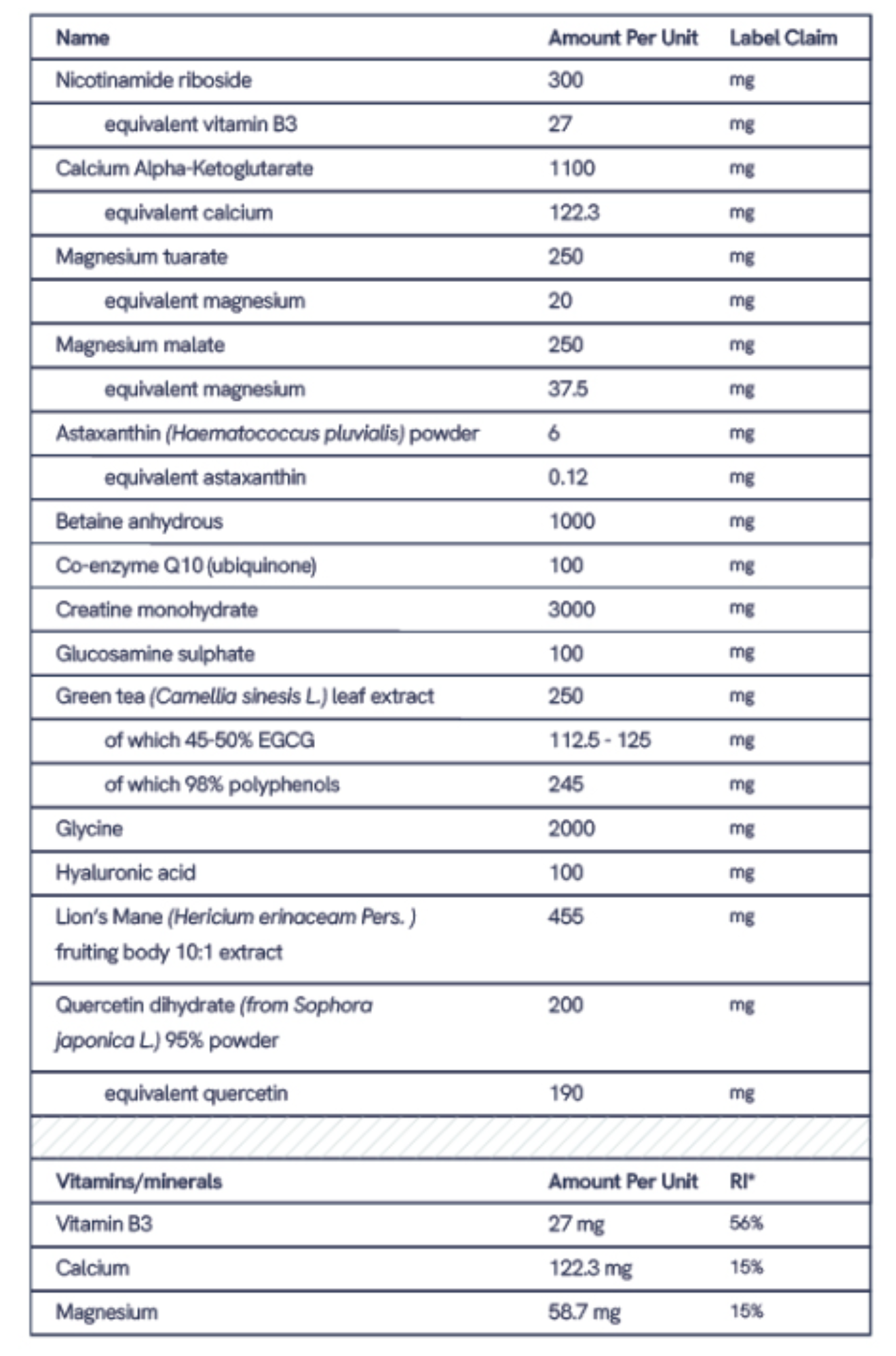What if every time you made a copy of your favorite book, a few pages from the end disappeared?
Eventually, you’d lose the ending altogether. That’s exactly what happens inside your cells with structures called telomeres. They’re like the little caps at the ends of your shoelaces protecting your chromosomes from fraying. But with every cell division, they get a bit shorter. Over time, this gradual shortening — known as telomere attrition — is one of the key hallmarks of aging.
Why Telomeres Matter
Each time your cells divide, they copy their DNA. But the copying process can’t reach the very ends of chromosomes. To prevent losing vital information, your DNA comes with a built-in buffer: telomeres.
-
At birth, telomeres are long and healthy.
-
By adulthood, they’ve already shortened considerably.
-
By older age, they may be so short that cells stop dividing altogether, a state called cellular senescence.
This shortening acts like a biological clock, limiting the number of times your cells can renew themselves. And while this is a natural safeguard against uncontrolled cell growth (like cancer), accelerated telomere shortening is linked to early aging and age-related diseases.
What Telomere Attrition Looks Like in Daily Life
-
Slower Recovery: Cuts and bruises that heal more slowly as we age.
-
Energy Decline: Tissues that regenerate less efficiently, leaving us more tired.
-
Visible Aging: Wrinkles, gray hair, and weaker skin elasticity.
-
Health Risks: Shorter telomeres are associated with cardiovascular disease, diabetes, and cognitive decline.
Think of telomeres as the fuses on your cellular “candle.” The shorter they get, the closer the flame comes to burning out.
The Beautiful Twist: Telomeres Respond to Lifestyle
Here’s the exciting part: while you can’t stop telomeres from shortening entirely, you can slow the process and in some cases, even stabilize it. Research shows lifestyle choices have a profound impact on telomere length.
Daily Habits That Support Telomeres
-
Move more, naturally: Regular physical activity, especially aerobic movement like walking, cycling, or swimming, is associated with longer telomeres.
-
Nourish your cells: Diets rich in vegetables, legumes, nuts, and whole grains provide antioxidants that protect telomeres from oxidative stress.
-
Sleep deeply: Poor sleep accelerates telomere shortening; consistent, restorative sleep supports longevity.
-
Stress less: Chronic stress speeds up telomere loss. Mindfulness, breathing exercises, and social connection help preserve length.
-
Build strong bonds: Studies show people with supportive social networks tend to have longer telomeres. Relationships literally protect your DNA caps.
Common Questions About Telomeres
“Can telomeres grow back?”
In some cases, yes. An enzyme called telomerase can rebuild them, but in most adult cells it’s only weakly active. Lifestyle changes appear to boost its activity modestly, which may help slow the clock.
“Do genetics decide everything?”
Genetics play a role in your starting length, but lifestyle largely influences how quickly they shorten. Two people with similar genes can age very differently depending on their daily habits.
“Should I test my telomeres?”
Some companies offer telomere testing, but results can vary widely. What matters more is focusing on the proven lifestyle habits that support healthy aging, the things you can control.
Your Takeaway
Telomeres may sound abstract, but they show up in very concrete ways — from how quickly you recover to how long you stay vital. They’re reminders that aging isn’t just about years passing, but about the microscopic wear and tear inside us.
The empowering truth is this: every walk in the park, every shared meal with loved ones, every night of good sleep is like a gentle shield for your telomeres. Small choices add up, helping your cells keep their “book endings” intact for longer.
This information is for educational purposes and does not replace medical advice. Always consult a healthcare provider for personalized insights and guidance.

